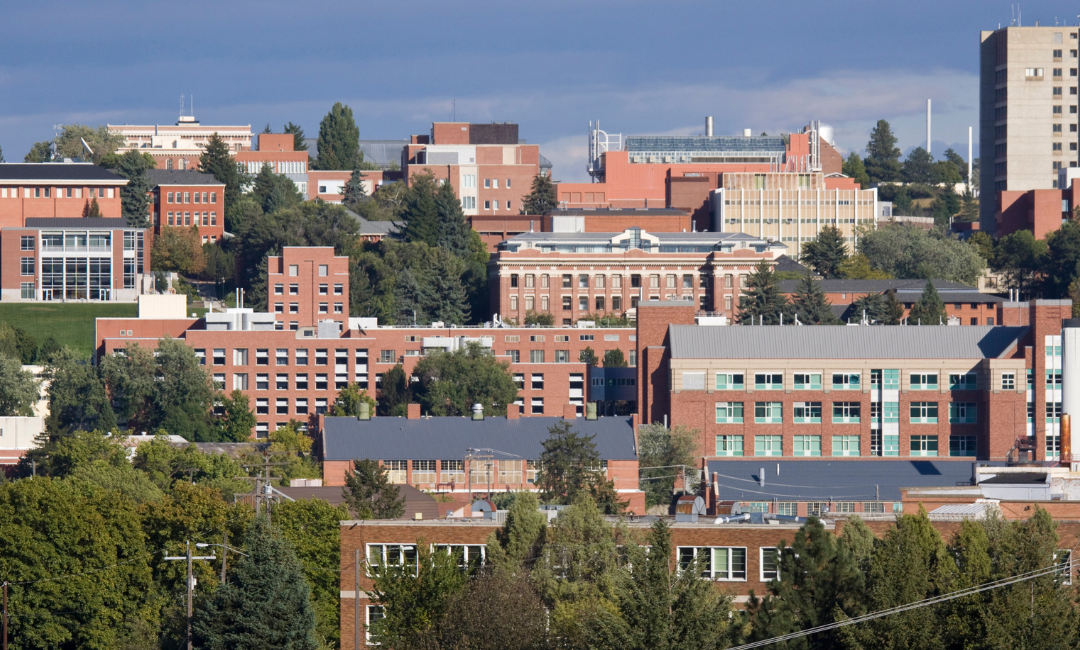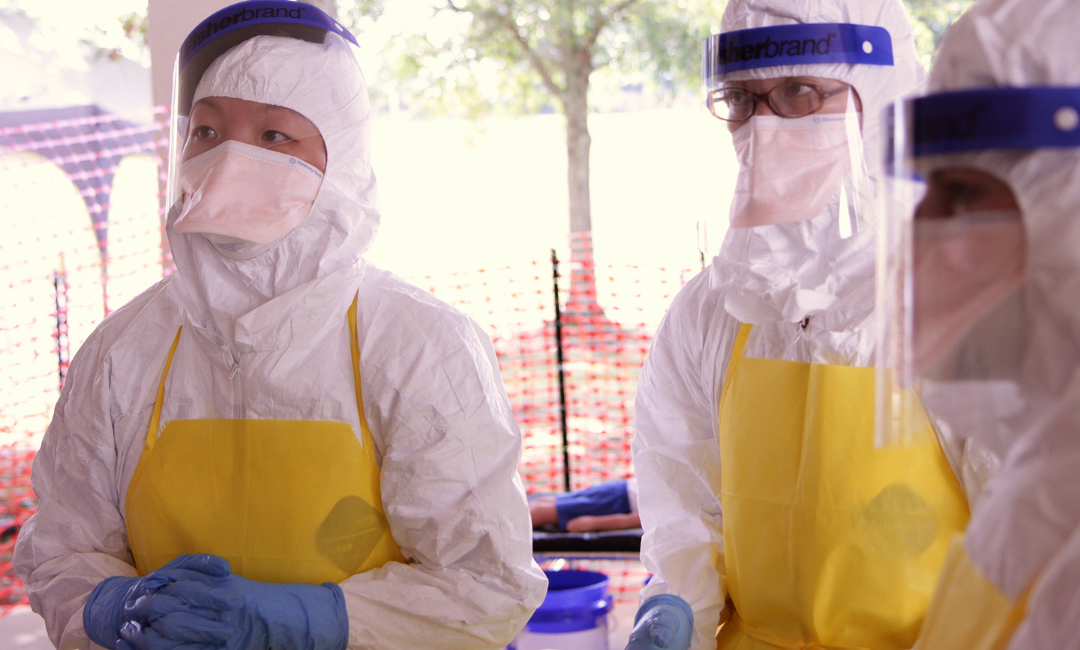Reflective of the Nurse Workforce
A recent survey estimated that the United States will see a healthcare worker shortage of 100,000 by 2028. It also projected a nationwide nurse practitioner shortage alongside a registered nurse surplus in a majority of the country.
Linda Couch, senior vice president of policy for LeadingAge, told McKnight’s Senior Living that the organization appreciated the White House initiative.
“Developing the aging services workforce is more important than ever: America’s population is aging rapidly and demand for services is continuing to grow,” she told the media outlet. “Without staff, there is no care. Our nation and its policies must value and support aging services professionals with a range of immediate actions, including education and training.”
A State of the Sector report from the American Health Care Association/National Center for Assisted Living found that nearly all nursing homes have job openings — 89% of which are seeking RNs. The report also found that 72% of nursing homes say their staffing is lower than pre-pandemic levels.
Nearly 3,000 facilities in rural areas are considered HPSAs, according to HRSA data. This most recent round of government funding is the latest move toward rectifying those shortages.
Larger Healthcare Initiatives
The HRSA awards are part of a $100 million initiative that also includes funds for primary care physicians in high-need areas, pediatric mental healthcare, and specialists and community providers to address the nation’s opioid crisis.
The announcement of the awards coincided with an HHS Health Workforce Roundtable.









